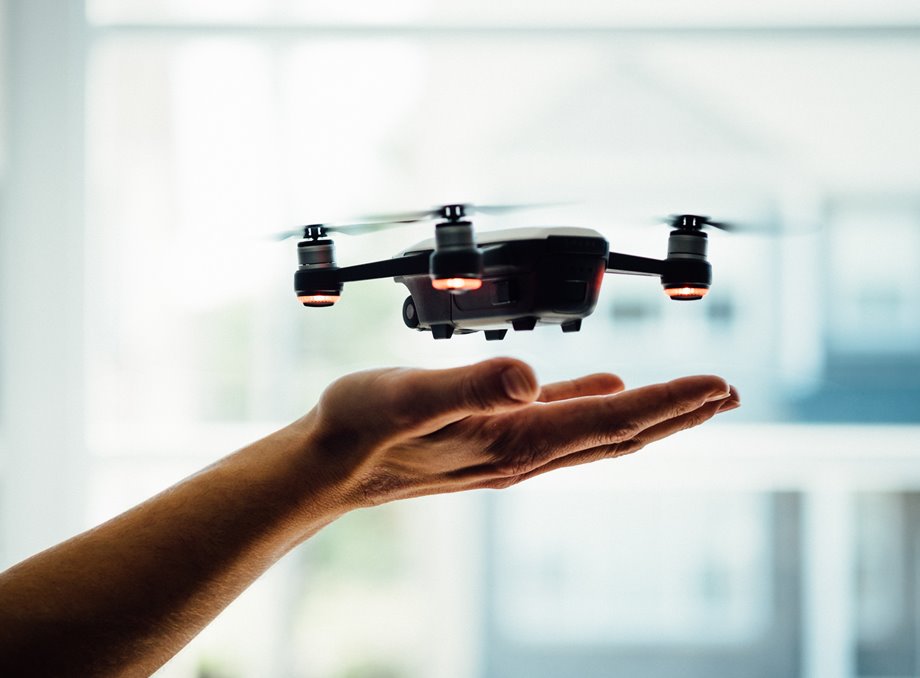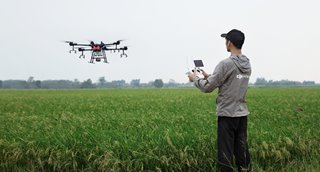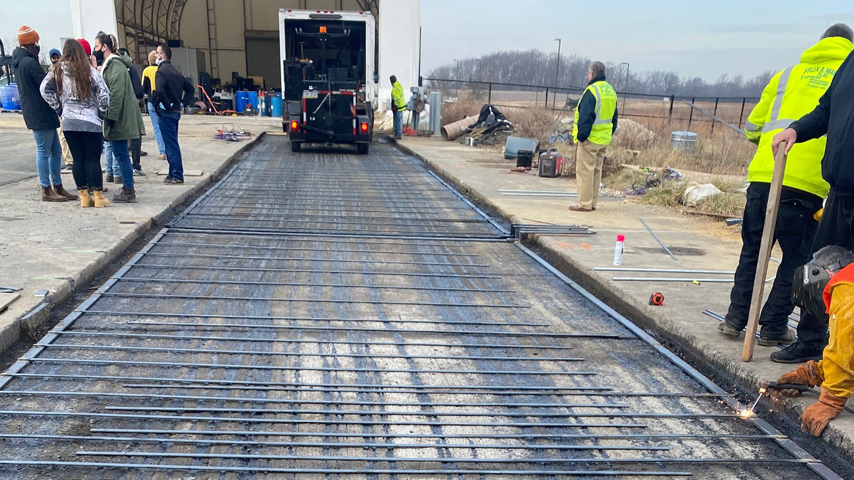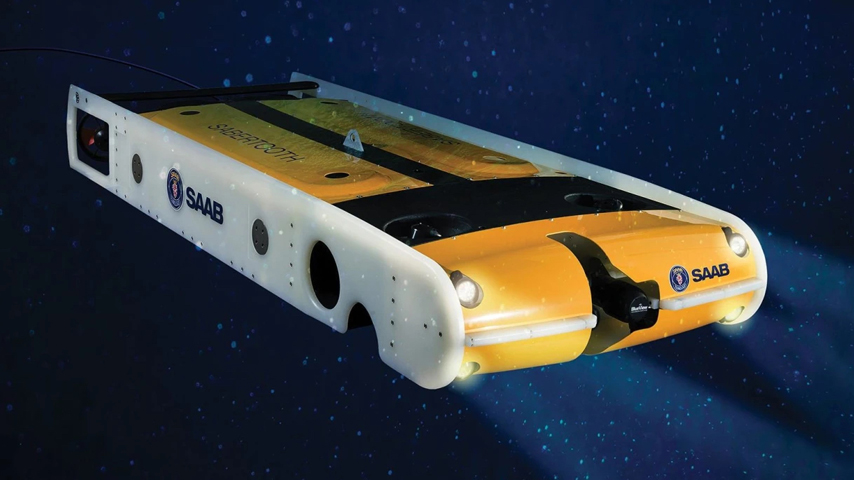Explore New Careers within the Drone Industry
Explore New Careers within the Drone Industry


Drone manufacturers are looking for engineers who are strong collaborators, creative problem solvers, and communicators who will help their teams thrive. Image: Unsplash
According to Precedence Research, the drone industry is a booming market. The total market size for drones is expected to increase at a 14% compound annual growth rate from 2022 to 2030, reaching $36 billion in total revenues.
New commercial and military applications fueled growth, especially for surveillance and intelligence. Drones are also deployed at worksites for inspection and testing purposes, eliminating the need for humans to perform dangerous tasks. The rapid advancement of new technologies, including automation, artificial intelligence, and the Internet of Things, has revolutionized drone capabilities. Entertainment and media increasingly rely on drones for filming. Agricultural companies like John Deere utilize drones to monitor crops, water, and pesticide drones, as well as pick-and-sort applications.
With this growth comes an increasing need for drone engineers. It has been estimated that 100,000 new drone jobs will be available in the next few years. These jobs pay well, too. ZipRecruiter reports that the annual salary for a drone engineer in the U.S. ranges from $86,728 to as high as $162,500 more.
Mechanical engineers are essential for the design, construction, and testing of drones. “They play an important role in optimizing the durability, efficiency, and reliability of drone hardware,” said Mark Saltrelli, director of Kelly Engineering, a placement firm. “This position involves collaborating closely with aeronautical, electrical, and software engineers.”
Drone mechanical engineers who understand concepts like flight dynamics, propulsion, and production methods are attractive job candidates. Being experienced in rapid prototyping is another advantage. Job categories include the design and manufacturing of drones and components and drone maintenance. As the industry expands, there will be increased demand for drone customization and upgrading older drones with new technologies.
Watch our Video: FAA and the Future of Drone Regulation
Drone mechanical engineers also:
Drone manufacturers prefer to hire engineers with a degree in mechanical, structural, or aerospace engineering, preferably with extensive work experience (aerospace preferred). Drone companies also want candidates who have relevant software experiences, such as (CAD (SolidWorks preferred) and FEA (Ansys or NASTRAN) design and analysis of composite structures. It is also helpful to understand the manufacturing processes/techniques used in the aerospace industry, including additive manufacturing and light-weighting with composite materials and lattice structures. Experience with rapid prototyping for low-volume production is another plus.
Explore More: 9 AI Applications for Drones
“Having a background in related fields such as optics, vision systems, and sensors also help open the door to opportunities on the cutting edge of drone development,” said Saltrelli. “In addition, drones are subject to FAA regulations, so it’s important to understand the regulations that apply drone flight and be able to incorporate them into your drone designs. Understand, too, how to design hardware based on requirements from a legal and certification perspective.”
Problem-solving, teamwork, and communication skills are as important as technical skills and knowledge for many drone companies. “Don’t underestimate the value of soft skills,” said Saltrelli. “Ultimately, drone manufacturers are looking for engineers who are strong collaborators, creative problem solvers, and communicators who will help their teams thrive.”
Mark Crawford is technology writer based in Corrales, N.M.
New commercial and military applications fueled growth, especially for surveillance and intelligence. Drones are also deployed at worksites for inspection and testing purposes, eliminating the need for humans to perform dangerous tasks. The rapid advancement of new technologies, including automation, artificial intelligence, and the Internet of Things, has revolutionized drone capabilities. Entertainment and media increasingly rely on drones for filming. Agricultural companies like John Deere utilize drones to monitor crops, water, and pesticide drones, as well as pick-and-sort applications.
With this growth comes an increasing need for drone engineers. It has been estimated that 100,000 new drone jobs will be available in the next few years. These jobs pay well, too. ZipRecruiter reports that the annual salary for a drone engineer in the U.S. ranges from $86,728 to as high as $162,500 more.
What Drone Engineers Do
Mechanical engineers are essential for the design, construction, and testing of drones. “They play an important role in optimizing the durability, efficiency, and reliability of drone hardware,” said Mark Saltrelli, director of Kelly Engineering, a placement firm. “This position involves collaborating closely with aeronautical, electrical, and software engineers.”
Drone mechanical engineers who understand concepts like flight dynamics, propulsion, and production methods are attractive job candidates. Being experienced in rapid prototyping is another advantage. Job categories include the design and manufacturing of drones and components and drone maintenance. As the industry expands, there will be increased demand for drone customization and upgrading older drones with new technologies.
Watch our Video: FAA and the Future of Drone Regulation
Drone mechanical engineers also:
- Develop mechanical structures for drones, including propellers and fuselage components
- Develop enclosures for next-generation batteries
- Collect and analyze flight data to learn and iterate
- Develop custom camera enclosures and mounts
- Test drone systems (including designing and building test stands)
- Design jigs and fixtures for production processes
- Collaborate with other engineers and apply critical thinking
- Hands-on building of vehicles and working with technicians
- Purchase parts, bill of materials, and collaborate with manufacturers
Getting a Dream Drone Job
Drone manufacturers prefer to hire engineers with a degree in mechanical, structural, or aerospace engineering, preferably with extensive work experience (aerospace preferred). Drone companies also want candidates who have relevant software experiences, such as (CAD (SolidWorks preferred) and FEA (Ansys or NASTRAN) design and analysis of composite structures. It is also helpful to understand the manufacturing processes/techniques used in the aerospace industry, including additive manufacturing and light-weighting with composite materials and lattice structures. Experience with rapid prototyping for low-volume production is another plus.
Explore More: 9 AI Applications for Drones
“Having a background in related fields such as optics, vision systems, and sensors also help open the door to opportunities on the cutting edge of drone development,” said Saltrelli. “In addition, drones are subject to FAA regulations, so it’s important to understand the regulations that apply drone flight and be able to incorporate them into your drone designs. Understand, too, how to design hardware based on requirements from a legal and certification perspective.”
Problem-solving, teamwork, and communication skills are as important as technical skills and knowledge for many drone companies. “Don’t underestimate the value of soft skills,” said Saltrelli. “Ultimately, drone manufacturers are looking for engineers who are strong collaborators, creative problem solvers, and communicators who will help their teams thrive.”
Mark Crawford is technology writer based in Corrales, N.M.




